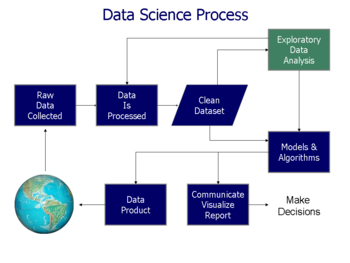Navicure, a provider of cloud-based healthcare claims management, patient payment and data analytics solutions, reports that 55 percent of healthcare organizations lack a data-analytics program aimed at boosting revenue.
Here are six survey findings as summarized by Becker’s Hospital Review:
1. “The majority of overall survey participants (55 percent) do not have a data analytics and reporting solution in place to improve their revenue cycle. However, 45 percent of those without a solution are in the process of looking for one.
2. “Respondents who don’t have or aren’t looking for a data analytics and reporting solution named various reasons for not utilizing one. Topping the list was:
- Don’t think we need one (36 percent).
- Don’t have the budget (23 percent).
- Don’t have the time (13 percent).
3. “The majority of respondents (88 percent) indicate analytics and business intelligence solutions are extremely or very important in making business decisions.
4. “73 percent of leadership teams view revenue cycle analytics/business intelligence as a high priority.
5. “Forty percent of respondents said actively managing for denials is the top revenue cycle challenge. Next is patient billing and payments at 37 percent.
6. “Participants’ biggest challenges with leveraging insights from their data analytics and reporting solution are:
- Lack of time/resources to use data analytics effectively (38 percent)
- Unable to benchmark performance against peer organizations (25 percent)
- Difficult to get actionable reports for use in addressing issues (19 percent)
To read an article on these findings, please hit this link.




